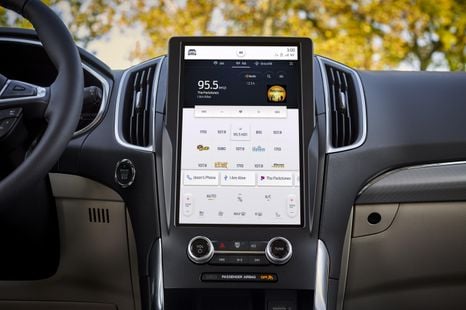

Damion Smy
Australian regulator investigating ‘spying cars’ over privacy concerns
52 Minutes Ago
The CEO of the Volkswagen brand has called the e-fuels debate "unnecessary noise", even as fellow Group brand Porsche pushes the tech.

News Editor
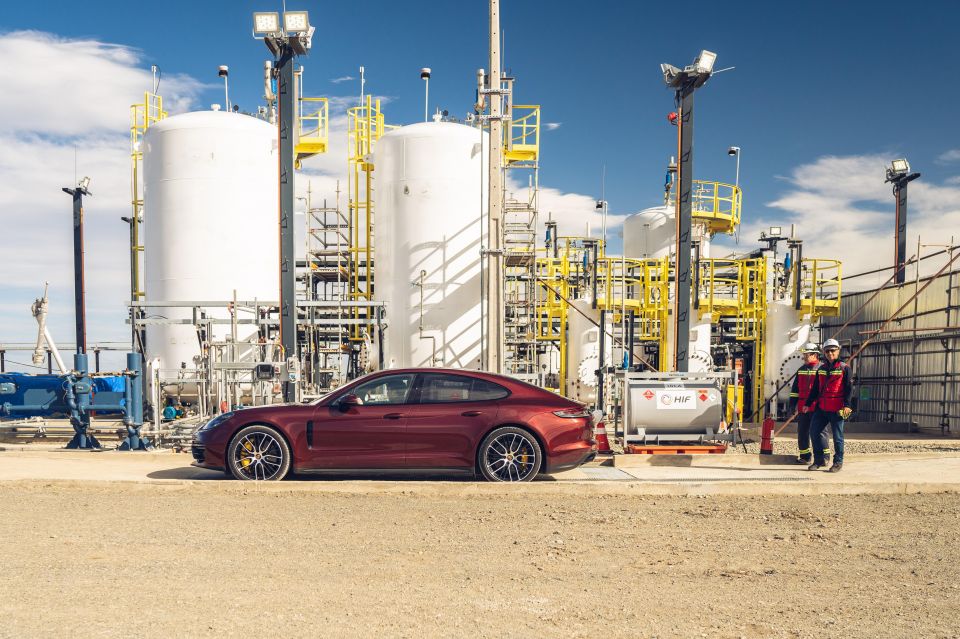

News Editor
There’s some discord within the Volkswagen Group regarding e-fuels.
While Porsche has been investing significantly in synthetic fuels, the CEO of Volkswagen’s namesake brand thinks there isn’t much point.
“This discussion is distracting from the point,” said Volkswagen brand CEO Thomas Schäfer, in remarks reported by Autocar.
“It’s unnecessary noise from my point of view. By 2035 it’s over anyway, and we said by 2033 we’re done,” he said of Volkswagen’s plan to stop selling combustion-powered cars in Europe.
“So why spend a fortune on old technology that doesn’t give you any benefit?”
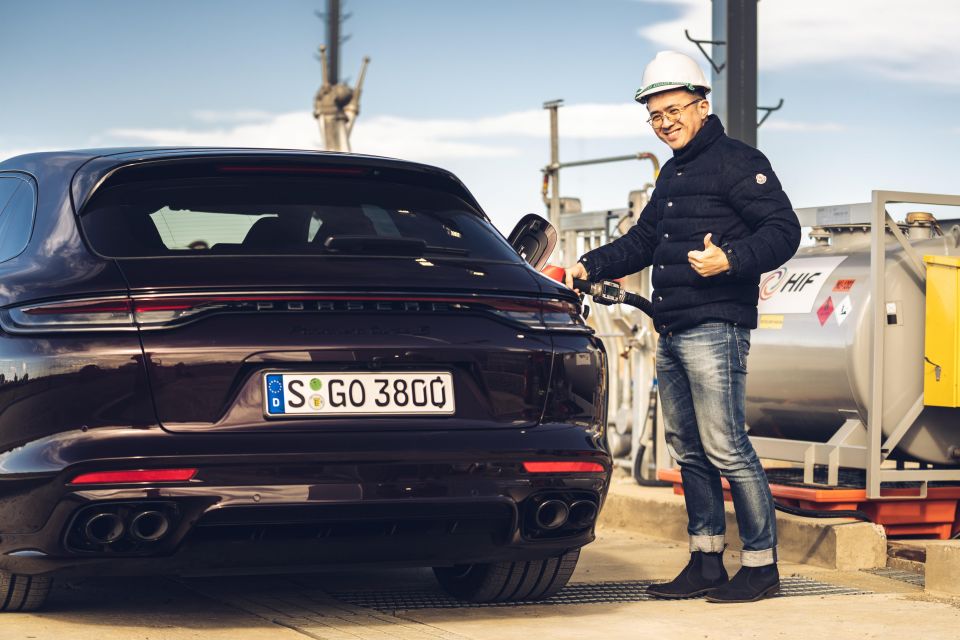
Mr Schäfer criticised e-fuel-powered vehicles for their tailpipe emissions, as well as the energy required to produce the fuel itself.
“Look at the physics. We don’t have enough energy as it is, so why waste it on e-fuels?” he said, adding the fuels are better served for decarbonising vehicles less suited to electrification like heavy trucks and planes.
“This discussion around e-fuels is widely misunderstood. They have a role to play in existing fleets but won’t replace EVs,” he argued.
Porsche has been pushing e-fuels as a solution for markets outside of Europe, where electrification is taking place at a much slower rate, and as a way to continue fuelling both new and used sports cars.
“It is worth it,” said Porsche CEO Oliver Blume in remarks reported by Automotive News Europe. “I know no other possibility to decarbonise combustion engine cars.”
He also noted existing fuelling infrastructure can be used, making them easy to transport.
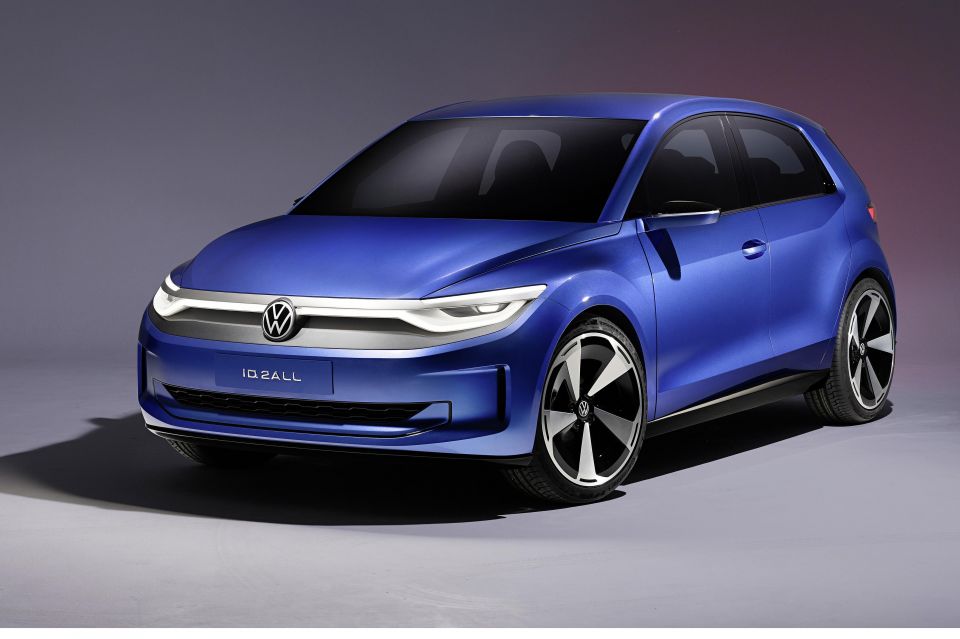
Porsche is rolling out a range of electric vehicles, but hasn’t committed to going EV-only.
The company has invested heavily in synthetic fuels, opening a production facility in Chile last year and planning to also start production in Tasmania by 2026.
The Volkswagen brand is rolling out more affordable electric vehicles ahead of plans to cease production of combustion-powered vehicles in Europe by 2033.
It revealed its ID. 2all hatchback concept this month, previewing a production EV due in 2025 with an intended starting price of under €25,000 (A$40,000).
By 2026, it plans for an even more affordable model to join it with a price under €20,000 which, when directly converted to Australian dollars, is almost $32,000.
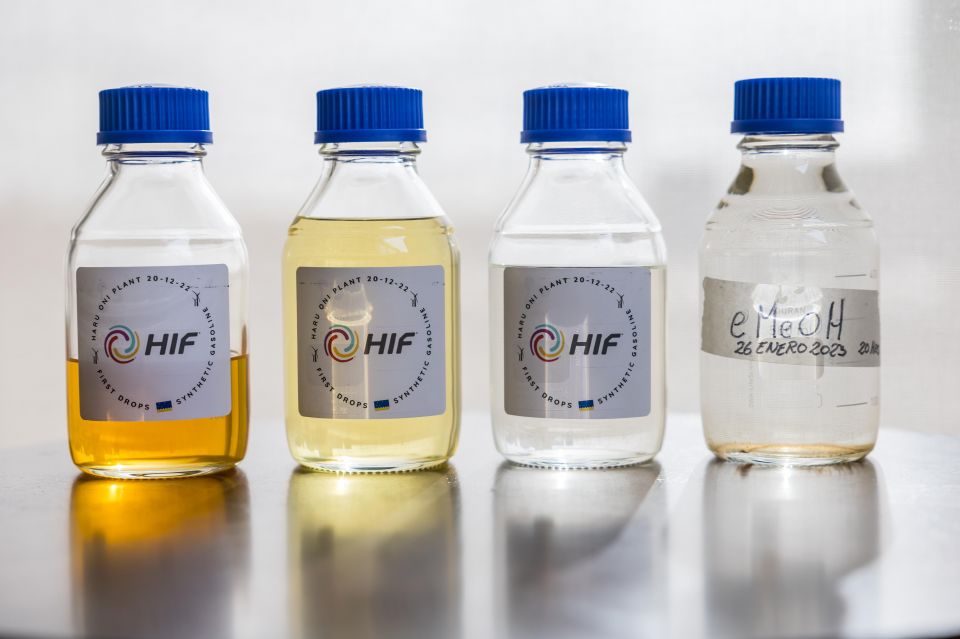
A schism is forming among European Union member nations on the proposed 2035 ban on new petrol and diesel vehicle sales.
Italy, Germany, Czechia, Hungary, Poland, Romania and Slovakia have joined forces to object to the proposed ban, but France and Spain among the nations that want the ban to go ahead.
The debate is also set against a backdrop of rising electricity prices and concerns about EV charging infrastructure on the continent.
Germany wants a separate category of combustion-powered vehicles to be allowed on sale beyond 2035, provided they can run on synthetic, carbon-neutral e-fuels.
Bloomberg earlier this month reported word from internal sources saying the EU is offering Germany a promise that it intends to provide further clarification on how such fuels could potentially be used beyond 2035.

The EU hasn’t provided any specific timeline for providing the revised proposal to Germany and the other member states, but Bloomberg speculates that it won’t be before EU elections next year due to the lengthy process of passing regulation in Brussels.
Bloomberg’s anonymous source suggested the proposed amendment would modify the regulations dictating the types of vehicles permitted on European roads to allow certain cars that exclusively run on e-fuels, even after the upcoming ban on new combustion engine cars is enforced.
Additional technologies or fuel additives would potentially need to be integrated into new vehicles to prevent them from using prohibited fuels beyond the 2035 deadline, as e-fuels have an identical molecular composition to traditional fuels.
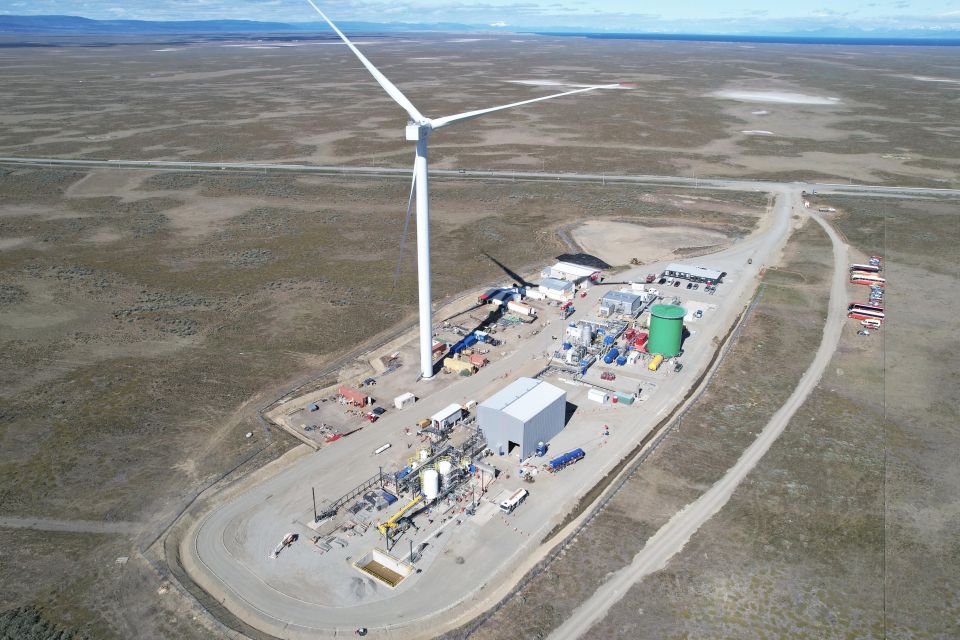
The 2035 ban is based on the average lifespan of a vehicle being 15 years, and therefore supports the goal of a carbon-neutral transport sector in Europe by 2050.
Germany threw a spanner in the works of the EU’s plans earlier this month, leading the body to delay a March 7 vote on the legislation.
E-fuels, or synthetic fuels, recapture atmospheric carbon dioxide emissions during the production process, offsetting the emissions released when the fuel is burned by a vehicle to allow for close to net-zero emissions.

As the European Commission has said the transition to zero-emission vehicles is “absolutely necessary” to meet its 2030 and 2050 climate targets, it is crucial that lawmakers get a stamp of approval from all member states.
As Germany is the largest car market in Europe, its reluctance to embrace the ban highlights the difficult balance that the EU must strike between economic interests and environmental concerns going forward.
According to the German Association of the Automotive Industry, the German automotive industry produced 3.4 million cars and commercial vehicles in 2022 and employed around 800,000 people.
MORE: Countries form bloc to block EU petrol, diesel car ban MORE: Everything you need to know about e-fuels
William Stopford is an automotive journalist with a passion for mainstream cars, automotive history and overseas auto markets.


Damion Smy
52 Minutes Ago
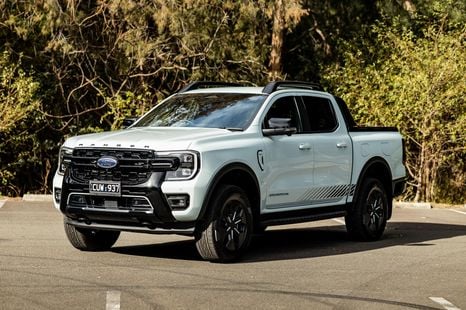

Damion Smy
2 Hours Ago
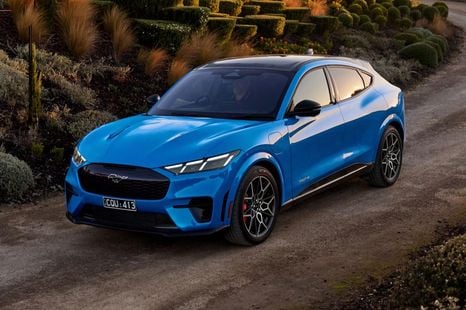

William Stopford
2 Hours Ago
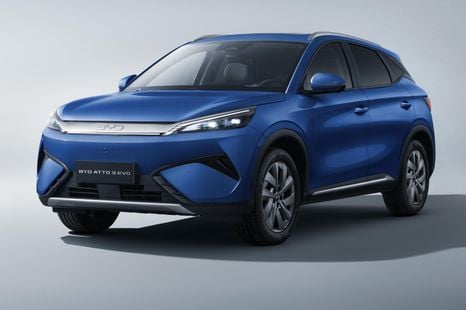

Derek Fung
6 Hours Ago
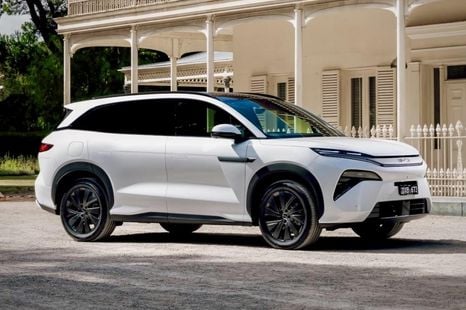

Ben Zachariah
12 Hours Ago
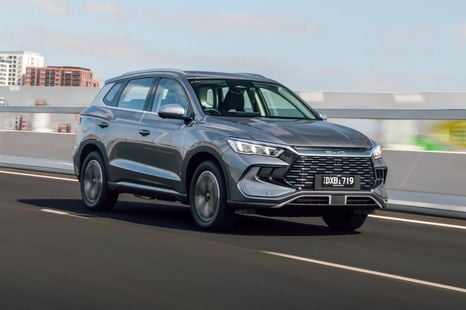

Ben Zachariah
12 Hours Ago
Add CarExpert as a Preferred Source on Google so your search results prioritise writing by actual experts, not AI.